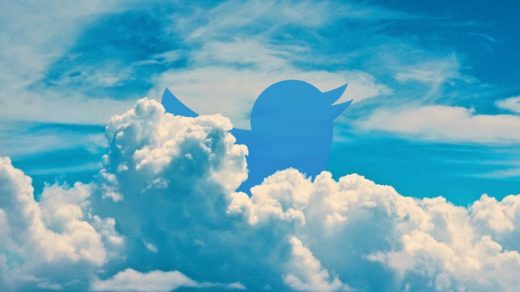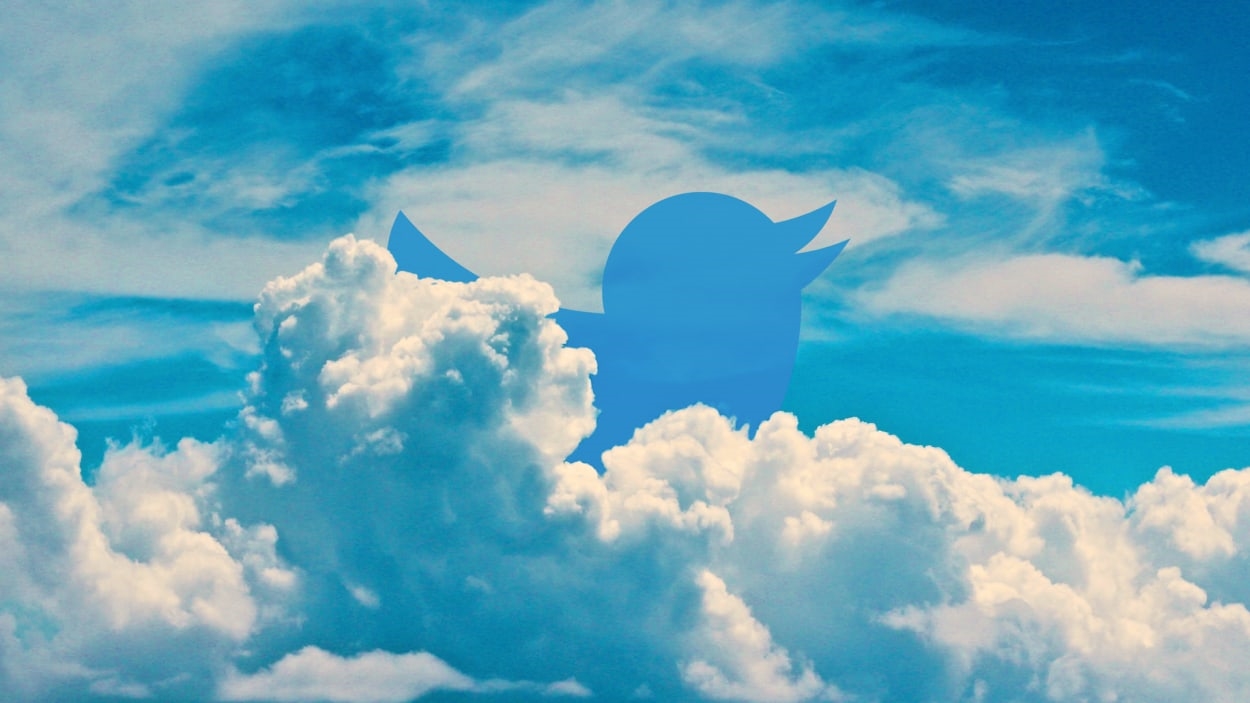POV: Bluesky has captured lightning in a bottle—but it’ll struggle to keep that feeling
I have so far spent less than 24 hours on Bluesky, the much-hyped alternative to Twitter. But already, it’s like chalk and cheese compared to the calamity that is Elon Musk-era Twitter.
The app’s icon, a powder blue sky, dotted with puffy white clouds, stands in contrast to Twitter. But while Bluesky’s icon—which evokes the corporate chill of the Windows XP desktop—gives the impression of a soulless, dreary place, the app experience itself is wild.
Not verified crypto bros dogpiling on ordinary people in the replies and a billionaire kowtowing to a guy called @catturd2. Like, early-2010s Twitter wild.
Though pundits and VCs love to talk about Twitter’s place as a public square—and indeed it has played a key role in a number of social and political movements—the truth is, Twitter became the beloved app it is (or was) because of something far goofier: Weird Twitter. For those with long memories, Weird Twitter was an anarchic, jokey, bizarre movement of oddball characters and stream-of-consciousness posting.
“Weird Twitter” still lives on, kind of, in the satire of @darth and @dril, as well as many others. But their voices have been swamped out by years of crud, and latterly, by the blue-check brigade of Musk fanboys willing to fork out for Twitter Blue.
It can be hard to remember, now that the enjoyment has been hammered out of Twitter, how fun the platform was a decade ago, back when its day-to-day purpose was serving up the funniest and cringiest behavior from smart, self-referential, quirky internet personalities (plus a good number of New York media types). This was before So You’ve Been Publicly Shamed. It was when Donald Trump was a failed businessman rather than a failed president. The twittersphere felt like a more innocent place.
Bluesky has managed to capture that weird Twitter ethos—at least at the moment. When I joined, I felt immediately like I had to adopt a different tone of voice. I wasn’t serious; I was playful. I was acting like I did 10 years ago, trying to fit in with the cool kids online.
Until Matt Yglesias decided to spoil the party, Bluesky’s biggest drama was over the adoption of the term “skeets” to describe the posts you make on the platform. The app’s CEO has pleaded with users not to make skeets a thing, thinking it’s too stupid. Which it is. But that’s the peril of running a decentralized platform.
I know I am meant to care about that, by the way. About the fact that it’s federated, and different to the centralized control Twitter has. I know as a tech journalist I’m meant to have something smart to tweet to look smart to my followers. But I don’t. I care about the time-spent-to-inner-chuckle ratio of an app. And Bluesky is scoring high on that.
Which is why it should worry Elon Musk so much. Given his wafer-thin skin, and his predilection for putting app-wide bans on mentions of competing platforms, it’s a surprise that he hasn’t yet halted discussion of Bluesky. Because the app is everything Twitter used to be.
However, that feeling probably won’t last for long. The disparate communities that make up Bluesky’s users—tech adopters, wisecracking reporters looking to goof off, and firecracker-wit trans folks—will likely be drowned out in time as more people join. What is now Twitter in 2012 will become Twitter in 2016, then, depressingly, Twitter in 2022.
Until then, though, we can enjoy it.
(6)



